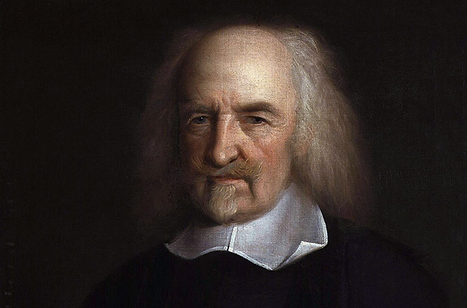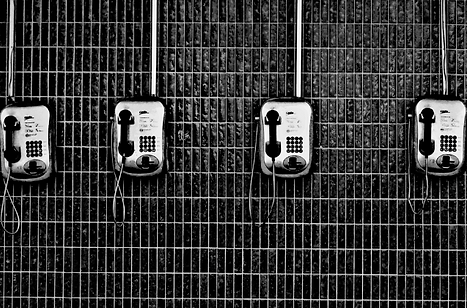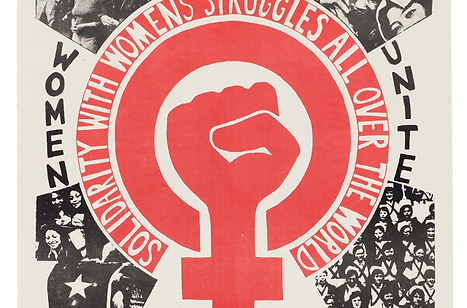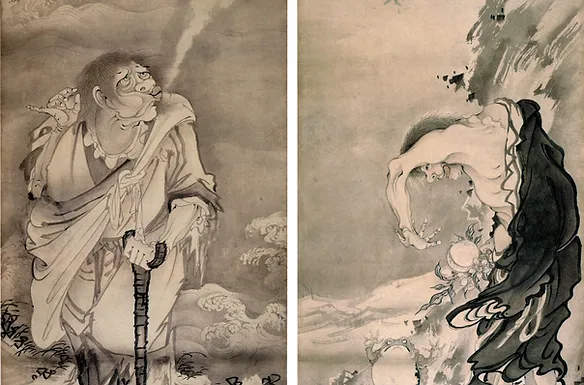
Hobbes: A Liberal Theorist or an Advocate of Absolutism?

Thomas Hobbes is one of the most renowned philosophers of all time. He is especially known for the concept of social contract theory which he developed in his book the Leviathan. In its simplest terms, Hobbes’ version of social contract theory states that individuals were in a state of war before the establishment of states. In this “natural state”, there were no rules governing who owned what, so fighting and killing each other was the only option left for people to survive and get what they want. Hobbes describes this natural state as a total catastrophe, ensuring a short and miserable life for people. He argued that states were created as a mutual contract of people. In order to get security, people willingly gave up their rights to the ruler, who had the power of punishing people who went against the rules. This is how the entity of state was created.
Whether the writings of Hobbes should be considered as a part of the foundations of liberal theory or absolutism is a disputed topic. He both gives some of the core elements of liberalism in his writings and also depicts a very powerful sovereign. I believe what Hobbes is doing is to use the core elements of liberalism in such a way that he eventually defends the regime of an absolutist state.
One of the core elements of liberalism that are presented by Hobbes is equality. He defends the idea that every individual is equal in the sense that we are all equally free and vulnerable in the state of nature. Without the presence of a state, every individual is equally free to behave however they want. This idea of fundamental equality is a core idea of liberalism, however, the way Hobbes uses it is very different from that of liberalism. In its simplest terms, liberalism uses the idea of equality to argue that every individual should be treated equally and should have equal rights under the law. Although Hobbes also starts from the idea of equality, what he concludes to is very different from liberalism.
Hobbes uses the idea of equality to eventually argue that we need a very powerful sovereign to prevent civil wars and the devastation of the natural state. He does this by saying equality brings insecurity in the natural state. Since everybody is equally free to do whatever they want, everybody has an equal amount of hope and right in getting what they want. However, the resources are scarce and although everybody has the same hope of getting them, not everybody can have what they want. The method of determining who gets to have the resource becomes fighting and war, causing the catastrophe and misery of the natural state. Hobbes eventually states we need a very powerful sovereign so that he can determine the rules and apply them to end the misery of the natural state and create security. For the sovereign to do this he needs to control every element of the state, including people's opinions and thoughts. If the sovereign does not have control of all these, he will not be able to apply the rules he set, so there will again be civil wars and a natural state. Hobbes also starts from the idea of equality, but he uses it to defend a ruler who has the right of controlling people’s opinions, definitely an absolutist point of view. What Hobbes uses equality for is “individuals who are equally likely to kill each other” as opposed to the liberal understanding of equality as “individuals who have equal rights”.
Another liberal element in Hobbes’ text is about the intrinsic value of life. Just like equality, Hobbes uses this idea to defend an absolutist ruler. According to him, the most important thing for every individual is to protect their life, security, and wellbeing, thus life has an intrinsic value. In the war condition of the natural state, individuals cannot ensure their security. As a result, they want to change this state of war. The way of doing this is willingly giving up a part of their freedom and giving these rights to a sovereign with the power of setting rules and imposing them. With these rules, the state of peace will be established, enabling the individual to fulfill their goals of having security and giving value to their life. The value given to life is used as an instinct of human beings in Hobbes' text, differently from the liberal idea that life is valuable and should be protected at all costs. Hobbes shows that the way of protecting life is giving power to a sovereign with almost no opposition, an absolutist idea that liberals would not agree with.
We can also argue that having the idea of “consent of the governed” is a liberal element in Hobbes’ text. The idea that the governed should give consent to establish legitimacy is a central part of liberalism and democracy. These ideas give the power of changing and criticizing the ruler if they do not like their acts to the governed. A short period of serving and being outvoted if they do something opposing to the governed are all important characteristics of the ruler in the liberal theory. In Hobbes’ world, governed can give consent only once, and after doing that they do not have the right and means of changing or criticizing the ruler anymore. The consent in Hobbes' writing works only once and gives no room to change, thus it is different from liberal ideas. Not being criticized or changed are features of an absolutist sovereign.
To sum up, we can not deny that some of the core ideas of liberal theory are present in Hobbes' text. However, the way he uses these ideas is very different from that of liberal theory. He uses the ideas to defend that we need a powerful sovereign so that we do not find ourselves in a state of war. He describes this powerful sovereign as an entity that owns the rights of not being criticized, controlling people's opinions, and holding the power of military, jurisdiction, and legislation. Defending all of these rights to be present in his ideal sovereign, Hobbes eventually defends an absolutist point of view.






